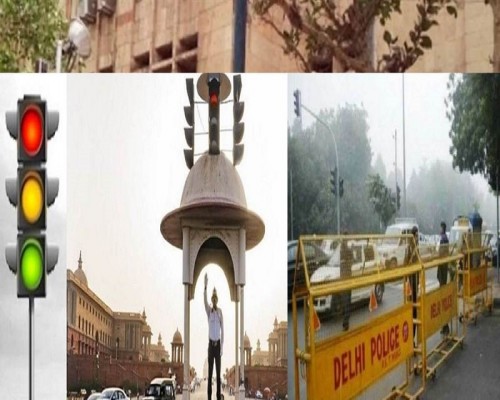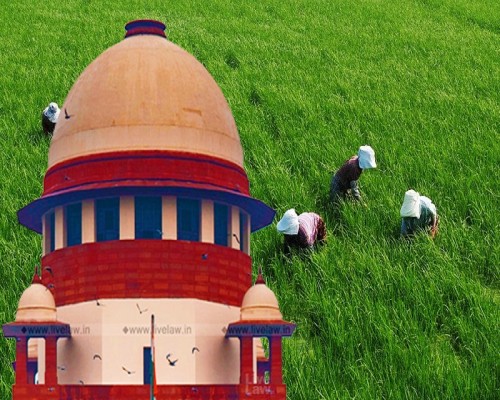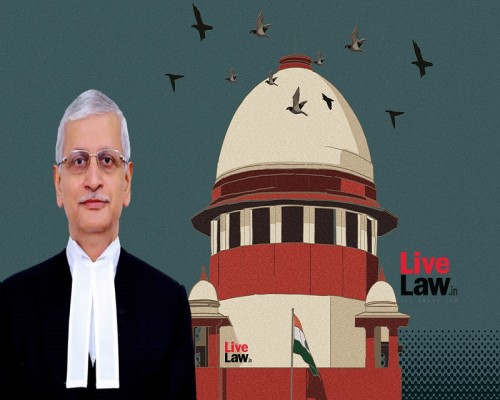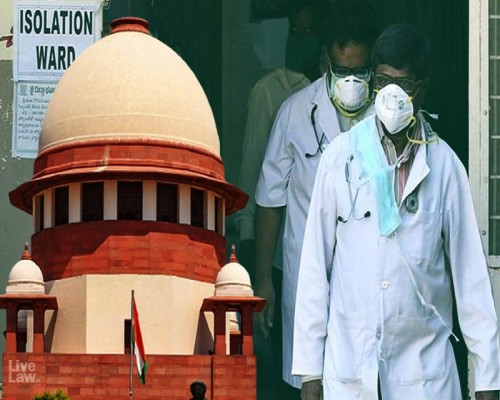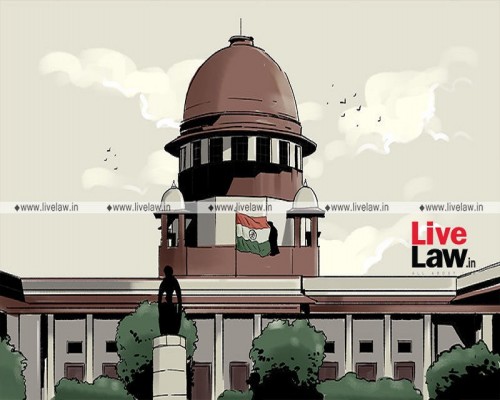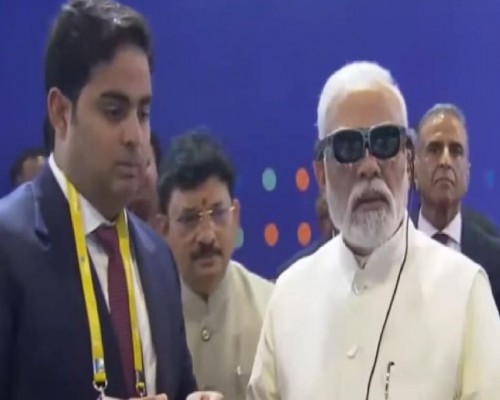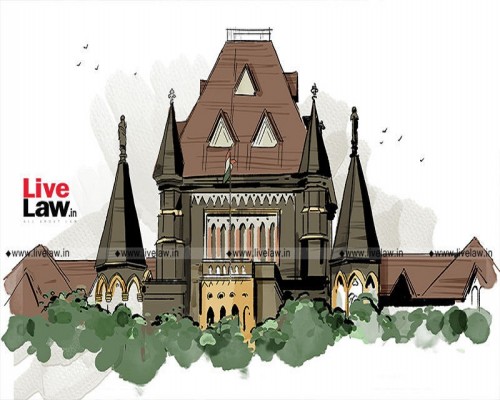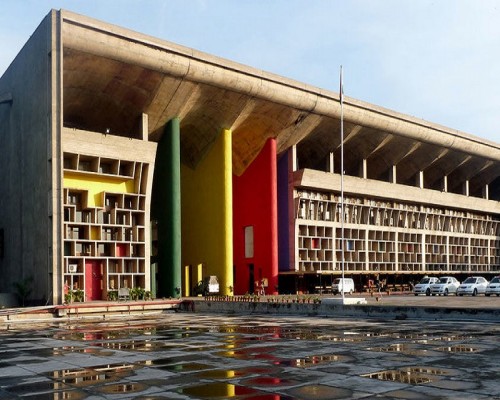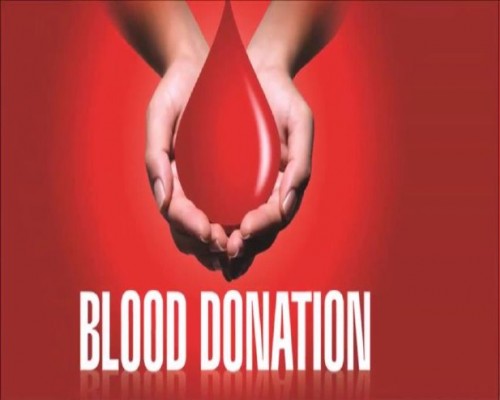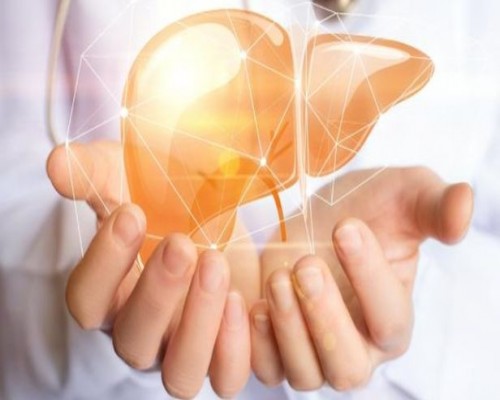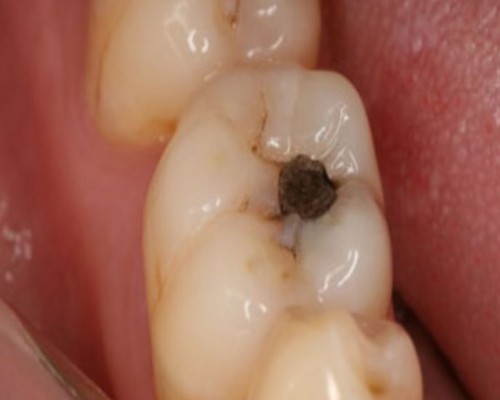Donations from Deceased Make Southern States Leaders in Heart Transplants

UV INDIA NEWS: According to data from the National Organ & Tissue Transplant Organisation (NOTTO), southern states in India are leading the way in heart transplants. In 2023, out of 1,099 organ donations, 221 heart transplants were performed nationwide. Tamil Nadu topped the list with 70 transplants, Karnataka with 35, Maharashtra with 33, and Telangana with 29.
Southern states have shown a notable increase in heart transplants due to increased donations from deceased individuals. In contrast, other regions, such as Delhi-NCR and Andhra Pradesh, reported only 14 transplants, highlighting the disparity in organ donation and transplant rates across the country.
Experts attribute the success in southern states to greater awareness and better-organized donation systems. Dr Y K Mishra, Head of Cardiac Sciences at Manipal Hospitals, noted that southern states are more proactive in promoting organ donation, resulting in more transplants for patients with end-stage heart conditions.
Heart transplants involve replacing a damaged or diseased heart with a healthy donor heart. While living donors can donate organs like the liver and kidneys, hearts must come from deceased donors who are on life support. The scarcity of donors remains a significant barrier, with private hospitals charging between ₹20 to ₹25 lakh for a transplant and government hospitals offering the procedure at a fraction of the cost but with long wait times.
India's first successful heart transplant took place at AIIMS in 1994. Since then, advancements in the field have continued, but challenges remain, including the need for legal amendments to encourage organ donations and better coordination between hospitals. Dr Sudhir Gupta, Professor of Forensic Medicine at AIIMS, emphasised the importance of declaring brain death promptly and registering patients for transplants to improve the system's efficiency and save more lives.



